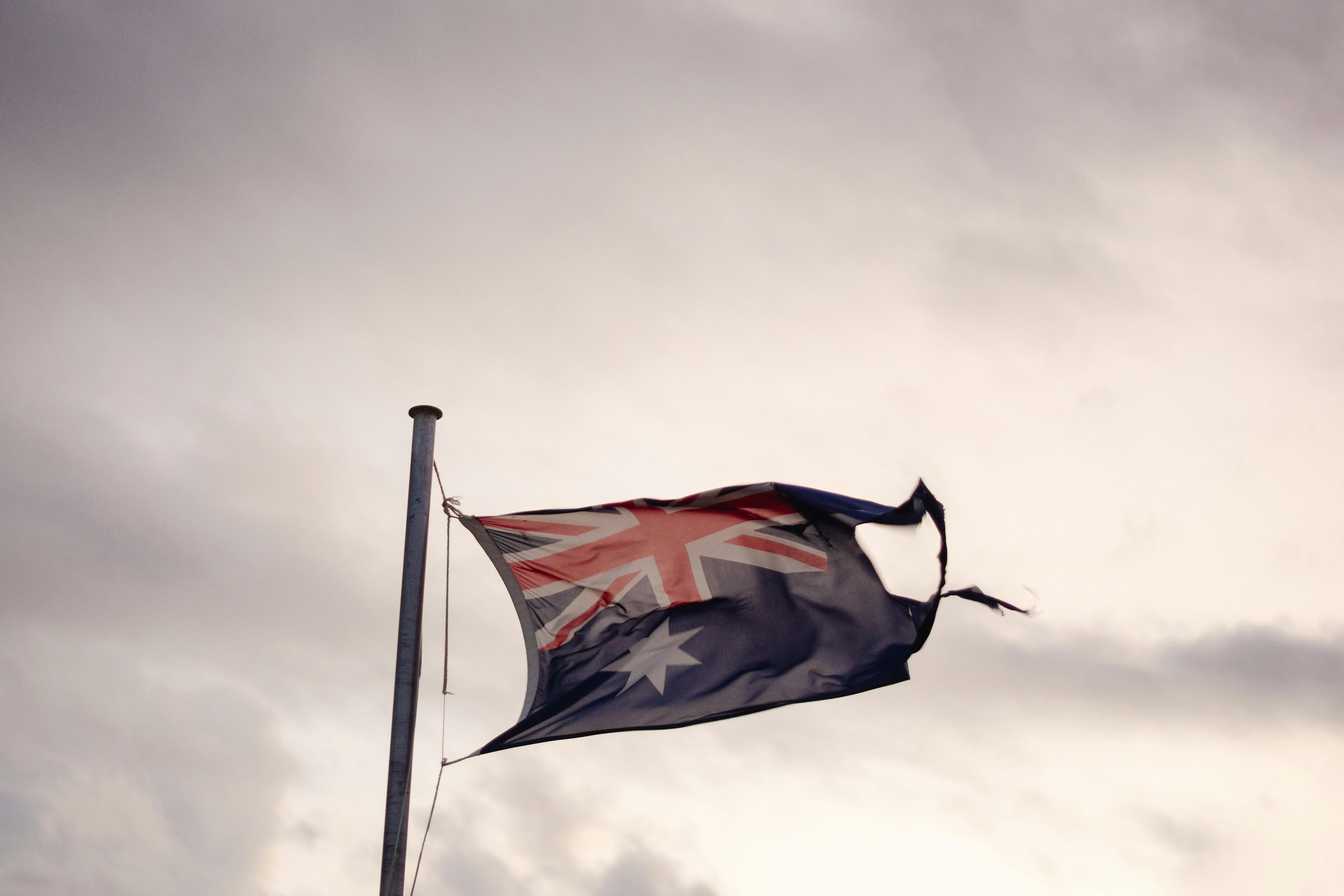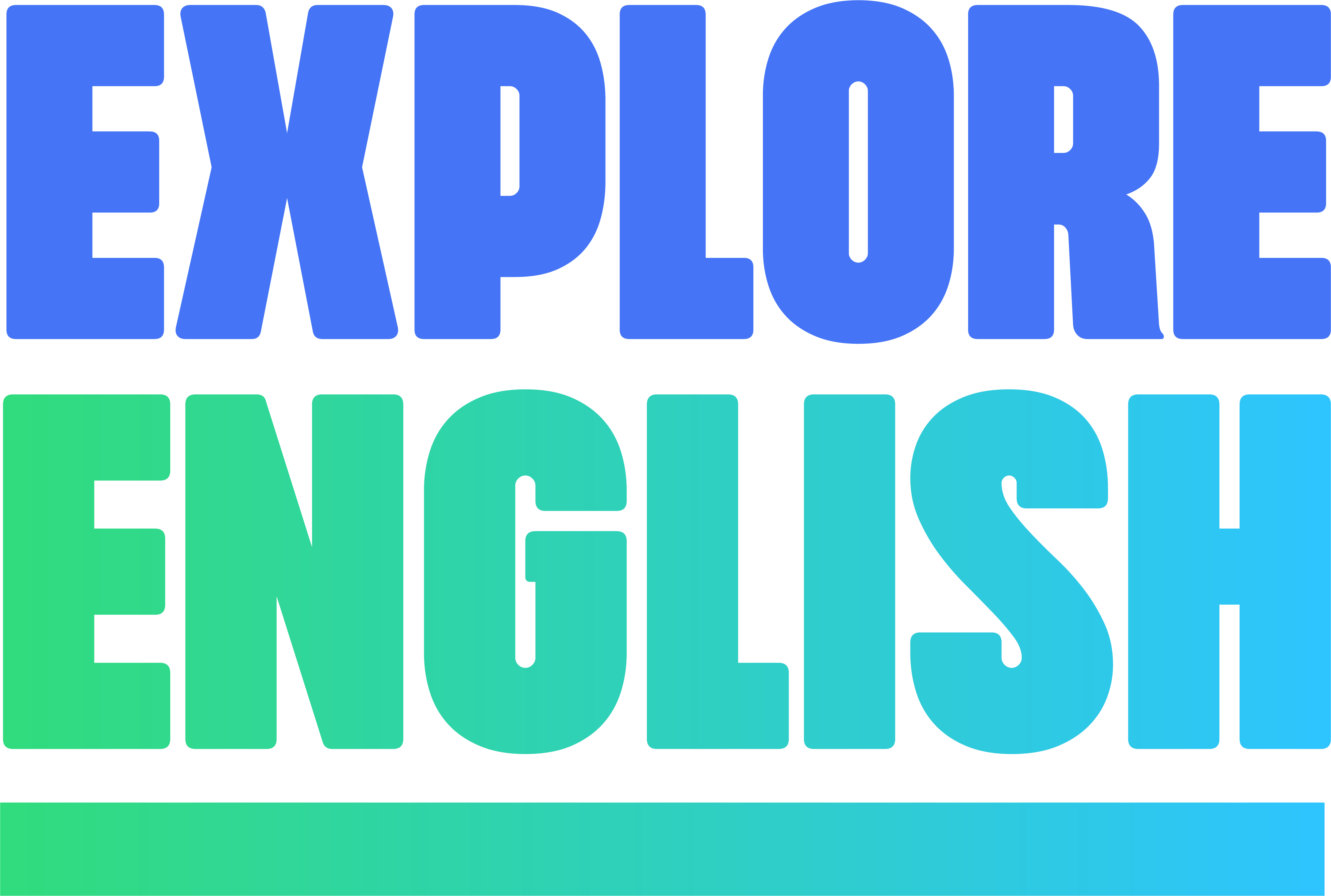Surviving Aussie Slang: A Crash Course in Understanding Australian English

Are you wondering how to decode the Aussie slang? Do you wish the accent to grow on you? In this article, we will guide you through Australian colloquial terms and phrases so that you don’t feel awkward while talking to a native.
5 Features of Aussie English
Aussie English aligns more towards British English as the two languages share the same historic roots. However, here are a few basic rules that you must know before you learn the language:
-
Vowel Phonetics: Australian English has unique vowel sounds. For instance, words like ‘nice’ sound like ‘noice’ as two consecutive vowel sounds are made together.
-
Abbreviations: Native Australian English speakers tend to shorten basic English words and merge two words to make a new one. For instance, ‘afternoon’ is ‘Arvo’, ‘barbeque’ is ‘barbie’ and so on.
-
Pronunciation: Just like British English, ‘R’ at the end of words is not pronounced by Australians either. Relax your jaw while speaking to sound lighter and casual.
-
Tone: Statements sound like questions because of tonality. The tone of Australians is more friendly and casual so you might mistake a statement for a question.
-
Sound Science: The /t/ sound can be heavy and sound like /d/. For instance, the word water will sound like ‘whadder’, window will sound like ‘wehn-daur’, ‘better’ might sound like ‘bedder’ and so on.
Quick Hacks to Adopt Aussie Slang
Adopting a new slang can be a challenging task. But not anymore! If you have a basic knowledge of British English, here are a few tips and tricks for you to catch the accent faster:
-
Observe: While talking to an Australian native, focus on the pronunciation of the person. Try to observe every action of from hand movements to their way of conducting themselves.
-
Watch Australian Shows: Australian talk shows and news channels can help you pick up variations in various words. Since newsreaders speak in a formal tone and enunciate clearly, they can be easily understood by migrant population. You can also start by watching Australian TV shows like Kath and Kim and Summer Heights High.
-
Speak with Locals: The more you interact with the locals, the better. Going to the grocery store, talking to cab drivers or bus drivers and listening to the words they use everyday can make you familiar with the accent and enable to learn new words organically.
-
Apps and Videos: Bluebird, Duolingo, Babbel and HelloTalk are some cool apps that have crash courses in particular accents. This will familiarize you with their vocabulary and the mannerisms of Australians.
-
Speak with Migrants: Migrants are of great help when it comes to learning words that are used everyday. They can be your savior in sharing synonyms and variations of worlds that are different from American or British English.
-
Read Local Newspapers and Magazines: Reading local Australian newspapers and magazines reflect the culture of the country. You can find common phrases and start understanding Australian content in a much better fashion.
-
Online Forums: Certain social media influencers and other online groups have Australians on the panel who discuss various problems. They even have their own podcasts. Therefore, try looking for a similar portal that is being run by migrants. Understand what they are saying and in which accent so that you do not get a linguistic shock when you speak to an Aussie.
-
Language Classes: Get enrolled in language classes that have trainers who can speak and understand Aussie slang. Experienced teachers and other professionals conduct practical exercises and will give you a first hand experience.
23 Aussie English Words and Phrases that You Must Know:
Native Australian language is fun and quirky. In fact, a lot of the native English words are not used anywhere else in the world. Let’s break down the local slang one point at a time:
Sr. No. |
British English |
Australian English |
1. |
Breakfast |
Brekkie |
2. |
Bell Pepper |
Capsicums |
3. |
Pharmacy |
Chemist |
4. |
Cup of Tea |
Cuppa |
5 |
Rugby/Football |
Footy |
6. |
Hello |
G’day |
7. |
Mc Donald’s |
Macca’s |
8. |
Candy |
Lolly |
9. |
Friends |
Mates |
10. |
Postman |
Postie |
11. |
Believe |
Reckon |
12. |
Petrol Station |
Servo |
13. |
Biscuit |
Bickie |
14. |
Swimwear |
Swimmers |
15. |
Thank You |
Ta |
16. |
Flip Flop |
Thongs |
17. |
University |
Uni |
18. |
Vegetable |
Veggies |
19. |
Conversation |
Yarn |
20. |
Christmas |
Chrissie |
21. |
Afternoon |
Arvo |
22. |
Lavatory |
Loo |
23. |
Sick Leave |
Sickies |

